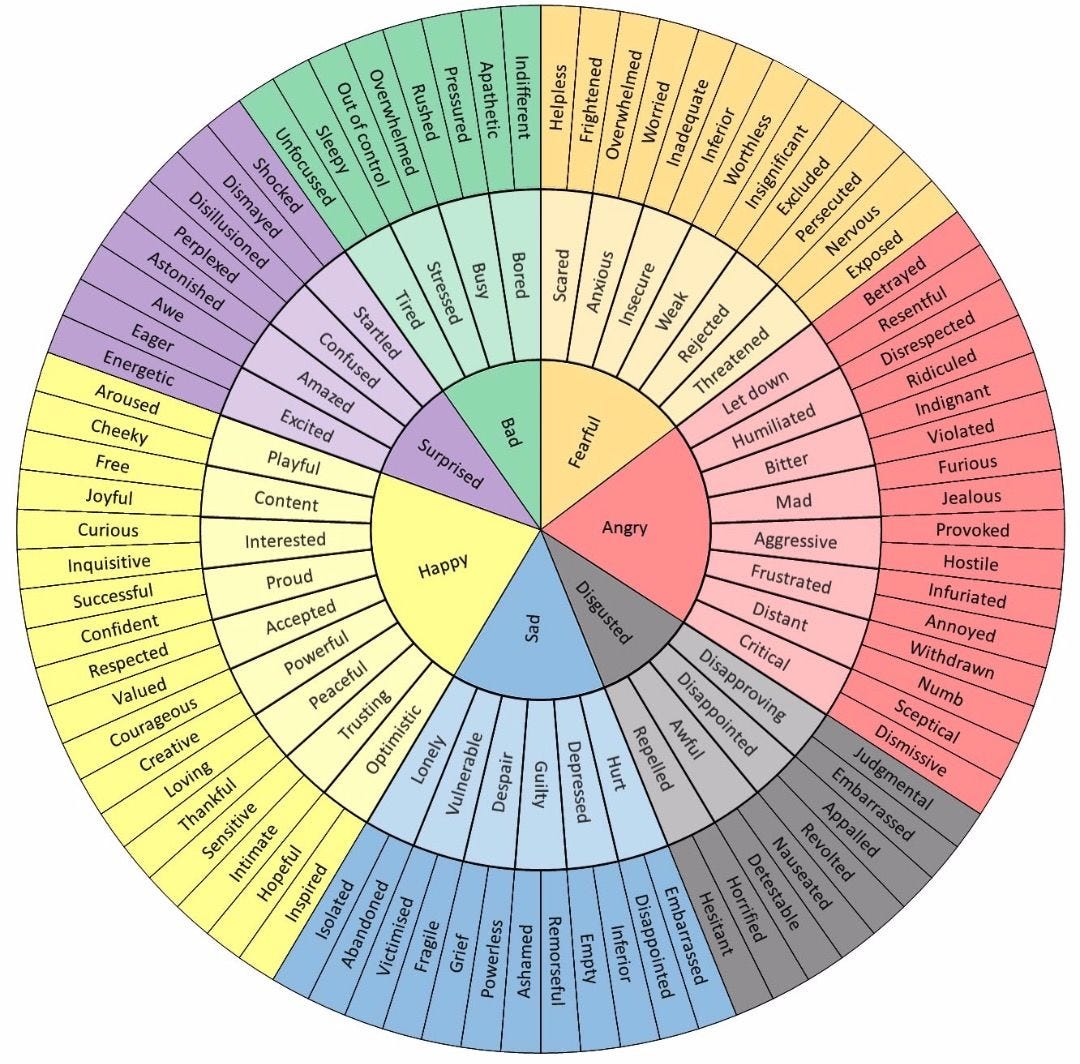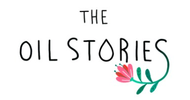Why Being Emotional Is Not a Weakness
Reading time: 3 min
If you want to cry, please do. It’s healthier than stuffing those tears down. But here’s the thing: when we hear “emotional”, most people instantly think weak, teary, moody.
Cambridge Dictionary defines it simply:
emotional = having and expressing strong feelings.
So why do we treat it like an insult?
As kids, emotions flowed freely. Over time, society taught us to suppress them — especially boys. Yet research shows infant boys are more emotionally expressive than girls: more joy, anger, fussiness, even more tears (Ronald F. Levant, Harvard Medical School).
The Spectrum of Emotions
Psychologists say there are six basic emotions: sadness, happiness, fear, anger, surprise, and disgust.
Everything else? Nuances. These complex emotions are harder to name — which is why many people struggle with emotional competence.

Emotional Competence (Dr. Gabor Maté)
It means:
-
Feeling emotions fully
-
Expressing them clearly to maintain healthy boundaries
-
Telling the difference between present reactions and old wounds
-
Recognizing genuine needs instead of repressing them for approval
That third point is key: often we’re not reacting to our partner or boss at all, but to echoes of childhood.
Listening to Your Body
Not sure what you feel? Check your body:
-
Tight chest?
-
Stomach “hole”?
-
Twitchy legs, pounding temples?
Your body speaks when your mind won’t. And suppressed emotions don’t vanish — they resurface as physical symptoms, sometimes chronic.
Emotions as Protectors
Rather than enemies, emotions are signals.
-
Anger shields you.
-
Sadness softens pain through tears.
Each has a role. Honor them, and you honor yourself.
Final Thought
Being emotional isn’t weakness — it’s part of being human. Next time you feel it rising, don’t brush it off. Welcome it.
Take care,
Daniela
(References: Ronald F. Levant; Gabor Maté, When the Body Says No)
